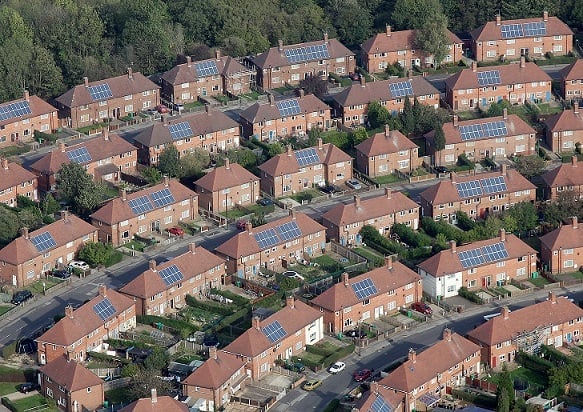A new report from energy services provider Joulen, formerly the Electric Storage Company, suggests that 0.1% of UK businesses could supply the equivalent power of both Hinkley Point C and 130 grid-scale battery sites by installing battery energy storage.
The report, A better battery strategyoutlines four steps the UK government could take to democratize the energy transition. It was modeled on 70 proprietary data sets and scenarios, taking into account optimization opportunities, existing and potential market mechanisms and public data sources.
The four steps are: integrate batteries into existing plans, such as the solar roof revolution and the warm homes plan; enabling easier access for batteries to participate in all energy markets through virtual power plant (VPP) technology; introduce tax incentives and better data use for higher returns, to encourage investment in batteries and broader market participation; and to ensure optimization is at the heart of implementation.
According to Joulen, democratization can reduce bills for both consumers and companies. The report states that with optimized solar and battery storage, businesses can save 60% on their electricity costs, with optimized battery storage accounting for 22% of this.
Residential batteries also offer savings of up to 65% when used in conjunction with home solar installations. Furthermore, the report says that if home assets are optimised, participating in the energy markets could generate an additional income of £375 per year. If optimization and participation were the standard, the payback period of the technology could be reduced by a third.
As the government pushes Britain towards net zero and aims to make Britain a clean energy superpower, Joulen argues the battery strategy will accelerate the energy transition. However, with connection dates for many grid-scale battery projects well beyond 2030, the country is unlikely to reach the 50 GW battery capacity it should have by 2050, according to the report.
This is why commercial and residential installations are essential. Stimulating investments is therefore crucial; Joulen suggests that offering financial benefits, such as relief from real estate rates for small and medium-sized enterprises (SMEs), or implementing an in-kind benefits program similar to the residential cycle-to-work scheme, would provide an immediate increase of the use of clean energy.
Bypassing the bottleneck of grid connectivity issues will also reduce spending on clean energy curtailment. In a letter to the UK government and ESO, battery storage developers argued that ESO is consistently underusing batteries in its attempts to tackle energy oversupply, despite batteries often being a simpler and cheaper choice.
The report recognizes that change at a national level cannot happen overnight, but that balancing smaller batteries, owned by households and businesses, can ease local grid pressure. Optimization will also help avoid overbuilding and overspending on the energy transition, by making the most of all clean energy and bringing energy storage online.


